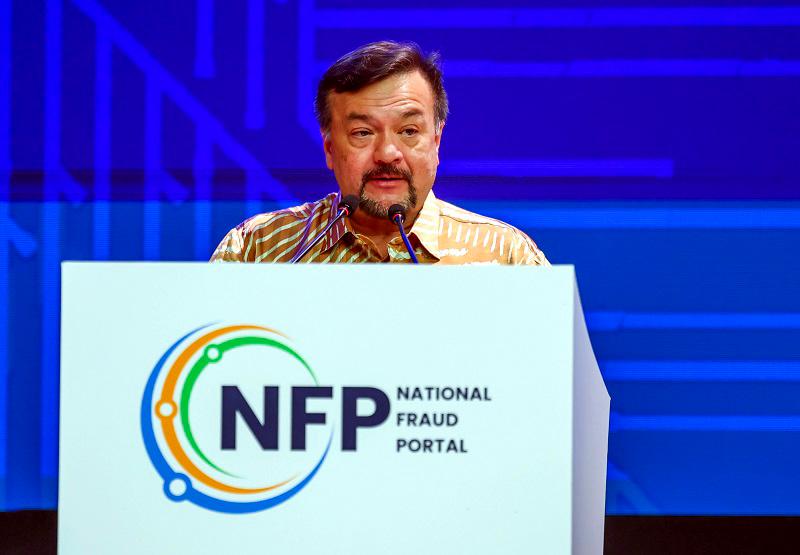GEORGETOWN: The Ministry of Finance (MoF) urges the electrical and electronics (E&E) sector to approach skilled talent development holistically to ensure Malaysia pulls ahead of competitors.
Finance Minister II Datuk Seri Amir Hamzah Azizan said sustaining a strong talent pipeline remains a key challenge not only for Malaysia but also for other countries vying for space within the sector.
“I believe that if we can resolve this issue, we will pull ahead of the competition. Therefore, we need a long-term view when it comes to talent development.
“This includes instilling interest in science, technology, engineering, and mathematics (STEM) in schools as well as ensuring that career options are appealing so that students choose to pursue pathway towards the industry,” he said in his speech at the Malaysia Semiconductor Industry Association (MSIA) Merdeka celebration 2024 here today.
Amir Hamzah said the government recognised the importance of the sector given that the E&E sector currently made up over 40 per cent of the country’s total exports, a clear indication that the sector plays a pivotal role in contributing to Malaysia’s economic growth.
He added that the government is committed to supporting the industry whereby it recently announced an MoF-led programme, GEAR-uP, that is designed to boost growth in crucial economic sectors.
Under the programme, six government-linked investment companies (GLICs) have committed to investing RM120 billion in domestic direct investments (DDI) over the next five years, Amir Hamzah said.
The six GLICs involved are Khazanah Nasional Bhd, the Employees Provident Fund (EPF), Kumpulan Wang Persaraan (Diperbadankan) [KWAP], Permodalan Nasional Bhd (PNB), Lembaga Tabung Haji (TH), and Lembaga Tabung Angkatan Tentera (LTAT).
At the MSIA event, Penang Chief Minister Chow Kon Yeow said being one of the top global semiconductor hubs, the state must not be dependent solely on foreign direct investment (FDI) but place importance on domestic direct investment (DDI) too.
“Now we must begin departing from the term ‘Made in Malaysia’ to ‘Made by Malaysia’ by nurturing local startups, capable of producing Malaysia’s very own intellectual property (IP) such as in chip design.
“Penang intends to create a comprehensive chip manufacturing ecosystem that allows the expansion of larger chip manufacturers while nurturing the growth of future global champions to ensure Malaysia remains a global leader in this critical industry,” he noted.









